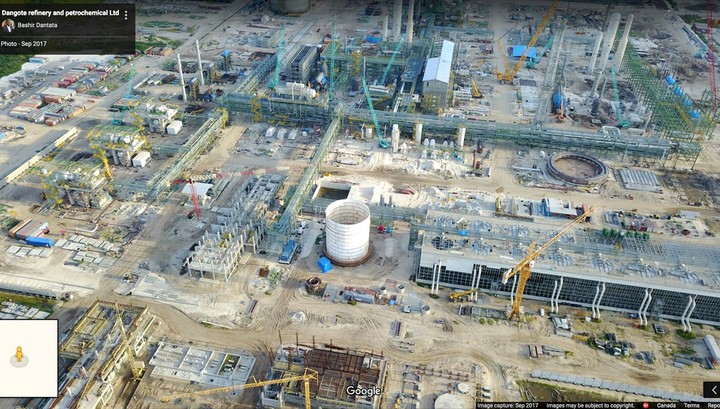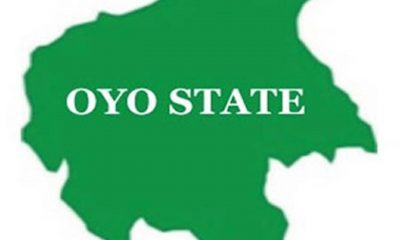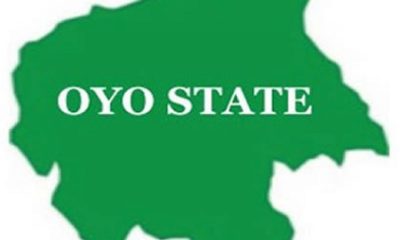Business
Refinery Project: Dangote Speaks On Production Commencement Deadline

As Nigerians await the coming onboard of petroleum products from Dangote’s multi-billion dollar refinery project, the Company on Wednesday said the promise to commence production by July/ August was still on course as the month has yet ended.
Aliko Dangote, Nigeria’s billionaire businessman, had during the inauguration of the refinery in May 2023, said the refinery’s first products will be in the market before the end of July or beginning of August this year.
With 19 days into the month and with the new petrol pump price, Nigerians are anxious to know how the project would impact the price of Premium Motor Spirit (PMS) amidst oil marketers’ calls for completion of the ongoing rehabilitation of the PortHarcourt refinery.
In a terse response to the Nigerian Tribune, Dangote’s Spokesperson, Anthony Chiejina said; “July has not ended and August is still there. You could come to the refinery we will take you on a trip there.”
Meanwhile, the Group Chief Executive (GCEO) of the Nigerian National Petroleum Company Limited (NNPCL), Mele Kyari recently said that Nigerians should not expect that the local production of PMS by Dangote, Port Harcourt and other refineries will have effect on petrol pump price.
According to him, “There is a notion that if the product is processed locally, prices will reduce. Let me make it clear that it is not going to change anything. If you produce locally, the refineries will also input the cost of production and other things and it will be sold at the current price.
“There will also be no subsidy when local production starts because there is no cash-to-back subsidy, this country no longer has the resources to continue with subsidy,” Kyari stated.
While reacting to this, Wumi Iledare, Professor Emeritus in Petroleum Economics and former President, Nigeria Association for Energy Economics averred that the coming onboard of the refineries would impact prices if Nigeria’s transactions with Dangote are done in Nigerian currency.
He said: “I don’t expect Dangote to sell Petroleum products to Nigeria market in dollars neither do I expect NNPC refineries when they come on board to sell Petroleum products to Nigeria in dollars.
“However, looking at the equity crude for Nigeria for the production upstream, nothing stops Nigeria from selling crude to Dangote refinery using Nigeria’s currency and that will eliminate the exchange rate influence on PMS.”
He reminded that the current price of petrol is driven majorly by the exchange rate, international crude oil price and freight cost stressing that the country could emulate Saudi Aramco with respect to how they price their goods to Saudi refineries.
“Nigeria can do this without interference from Foreign exchange just like they take other factors of production using Naira instead of dollar currency. I think that it is possible that the price of PMS will not be high if the refining capacity is located in Nigeria,” he added.
On his part, Mr. Bala Zakka, a petroleum engineer and oil and gas analyst, explained that the refinery in question is a private initiative whose objective is solely for profit maximization and cost minimization.
“…and everytime we talk about the refinery, nobody is talking about where they got the money from. For a private initiative like that they probably got the funds from creditors or from shareholders funds. If it is from creditors, they will pay interest plus the capital and if they got it from shareholders, they will pay dividends. So for them to remain in business and make all these payments, they must maximize profit.”
However, he noted that because crude oil would be supplied to the refinery locally, the cost of conveyance, insurance, and security will be impacted, hence a relatively cheaper petroleum product.
Similarly, he said a more lasting solution, which is applicable to all members of the Organisation of Petroleum Exporting Countries (OPEC) is the establishment of state-owned refineries.
He said this would guarantee security and ensure that Nigerians buy refined petroleum products at reasonable costs.
(Tribune)
Send Us A Press Statement Advertise With Us Contact Us
And For More Nigerian News Visit GWG.NG







